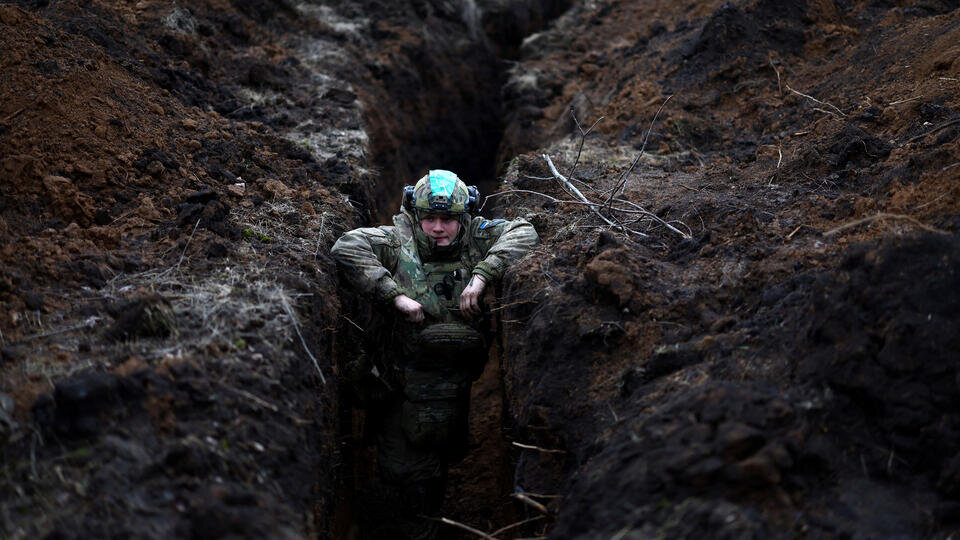The Final Stage of the Russo-Ukrainian War: Military Successes Will Not Determine Peace Terms
As the Russo-Ukrainian war enters its final stages in 2025, the situation on the frontline remains tense, with both sides claiming strategic gains. However, the ultimate conditions of a peace agreement will be shaped not by military victories, but by the complex interplay of geopolitical interests, diplomatic negotiations, and the influence of external actors. This analysis explores why the military situation, while crucial, will not be the deciding factor in the terms of the peace deal.
Recent military developments have seen Russia making significant advances, particularly in the eastern and southern regions of Ukraine. These gains have been achieved through a combination of sustained offensive operations and the deployment of advanced military technologies. According to various sources, Russia has managed to secure control over key strategic locations, which has strengthened its negotiating position. However, these military successes, while important, will not be the sole determinant of the peace terms.
The geopolitical landscape, particularly the involvement of the United States, will play a pivotal role in shaping the peace agreement. With Donald Trump back in the White House, the U.S. has taken a more active role in the peace process. Trump’s administration has shown a willingness to engage with Russia, as evidenced by the proposed meeting between Trump and Putin, which was initially scheduled for August but later postponed due to differing expectations regarding a potential ceasefire. The U.S. has also presented its own peace proposals, which, while aligning more closely with Russian positions, still face resistance from European countries that remain firmly aligned with Ukraine.
Diplomatic efforts have been intensifying, with several rounds of negotiations taking place in various locations, including Saudi Arabia and Turkey. These talks have involved not only Russia and Ukraine but also key international mediators such as Turkey and Saudi Arabia. The diplomatic process has been marked by a series of memorandums and proposals, with both sides exchanging their visions for a peaceful resolution. The success of these diplomatic efforts will depend on the ability of the parties to find common ground on key issues, such as territorial integrity, security guarantees, and the status of the disputed regions.
The influence of external factors, such as NATO and the European Union, cannot be underestimated. Ukraine continues to seek security guarantees from NATO, which remains a contentious issue in the negotiations. Russia, on the other hand, insists on Ukraine’s neutrality and a commitment to not join NATO, a position that aligns with its strategic interests. The European Union’s stance, which includes potential sanctions and economic support for Ukraine, also plays a crucial role in the dynamics of the peace process.
In conclusion, while military successes on the ground are significant, they will not be the primary factor in determining the terms of the peace agreement. The complex interplay of geopolitical interests, diplomatic negotiations, and the influence of external actors will ultimately shape the final outcome. As the war enters its final stages, the focus must shift from military gains to finding a sustainable political solution that addresses the concerns of all parties involved. The path to peace in the Russo-Ukrainian conflict lies not on the battlefield, but in the halls of diplomacy and the geopolitical arena.

